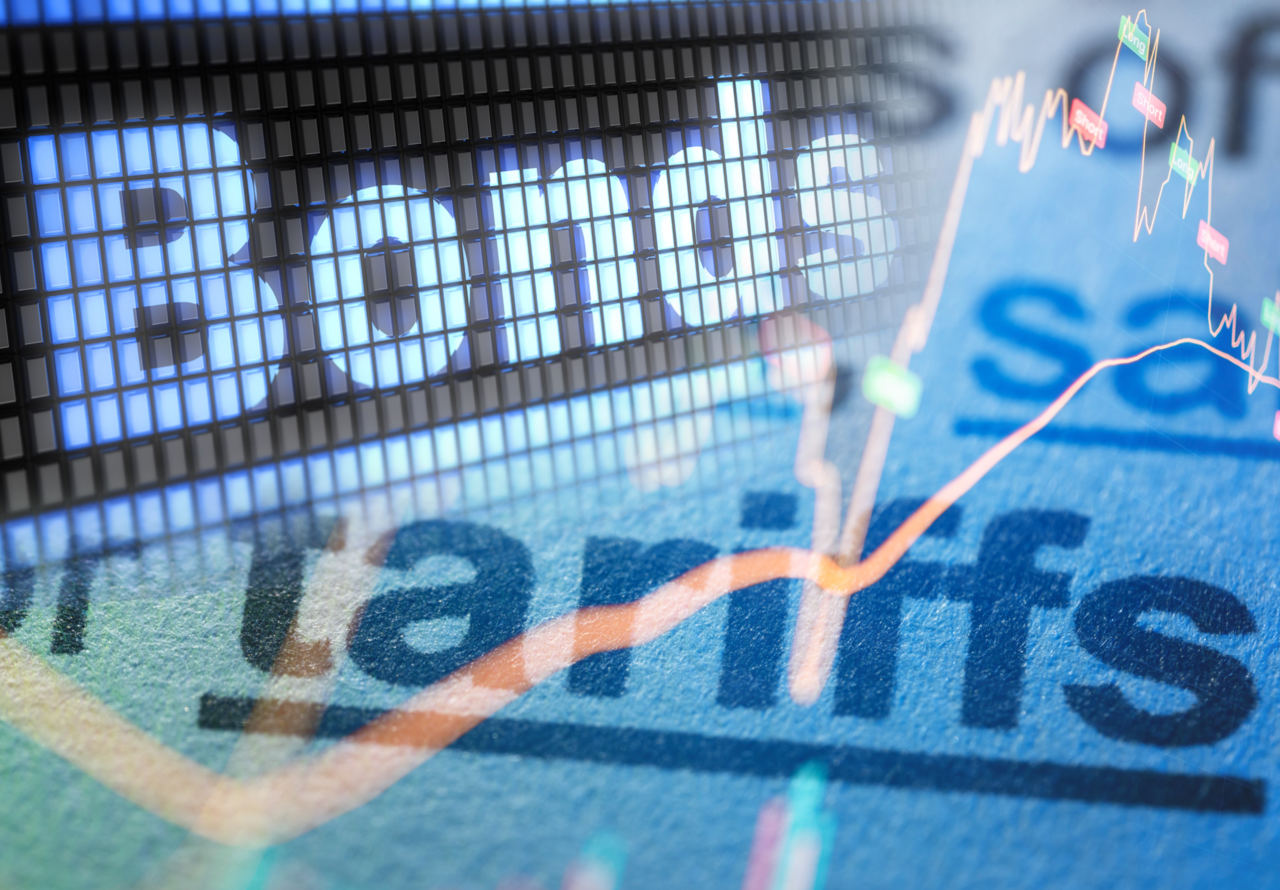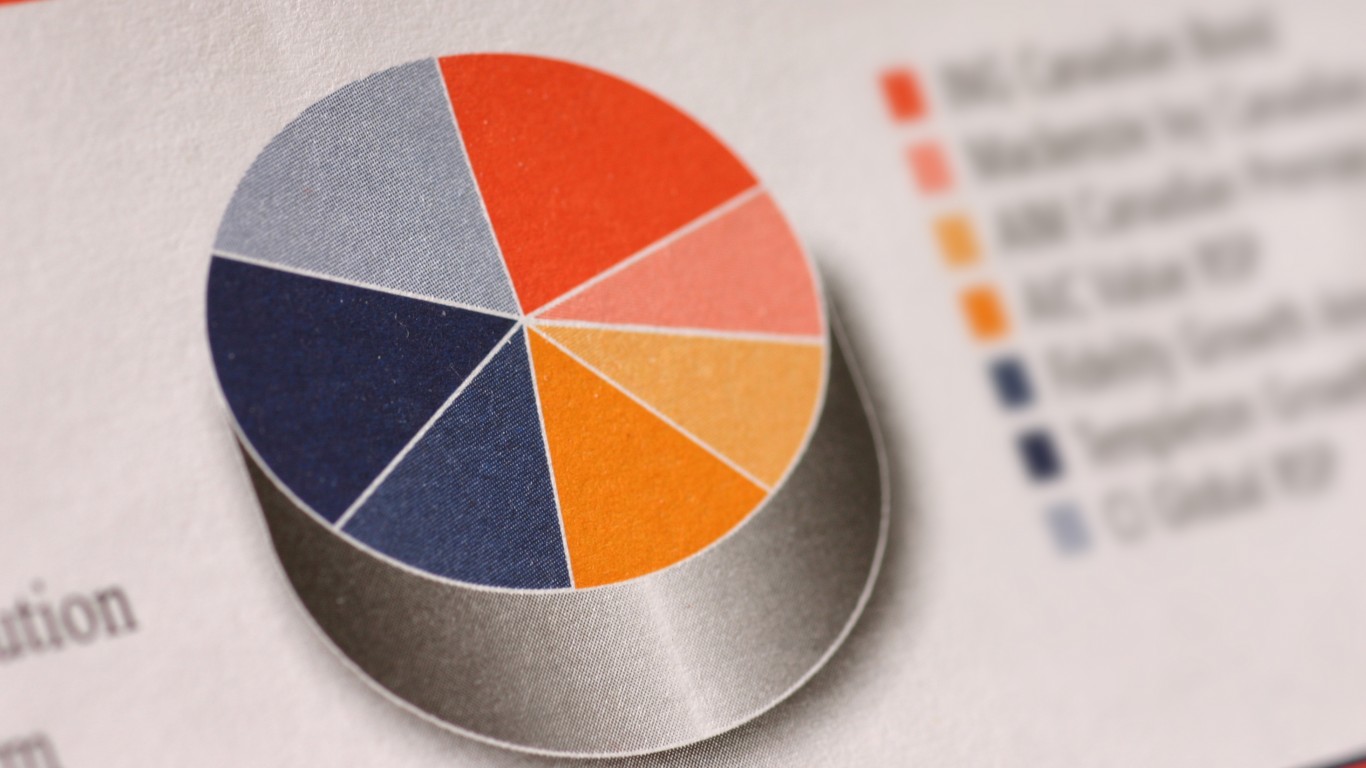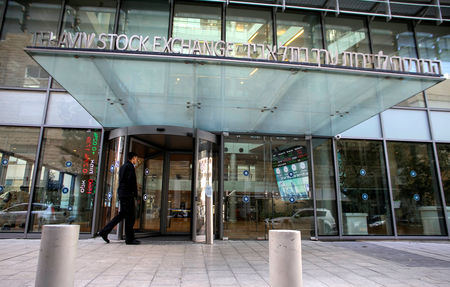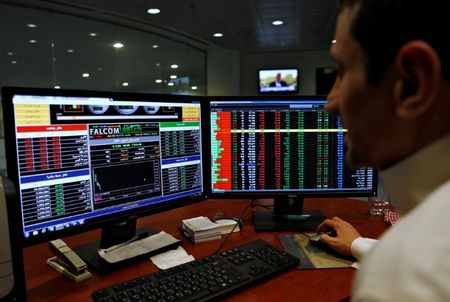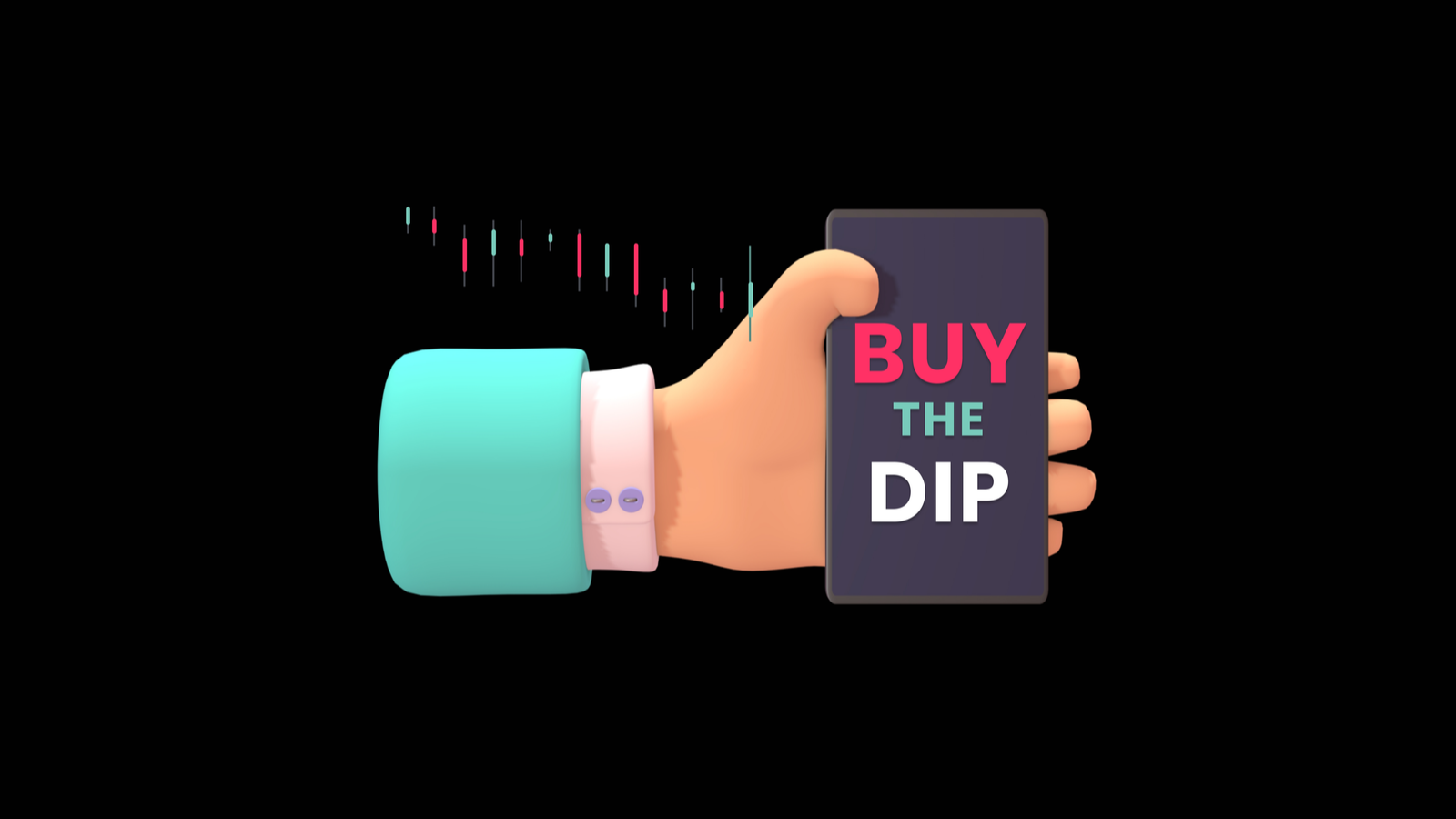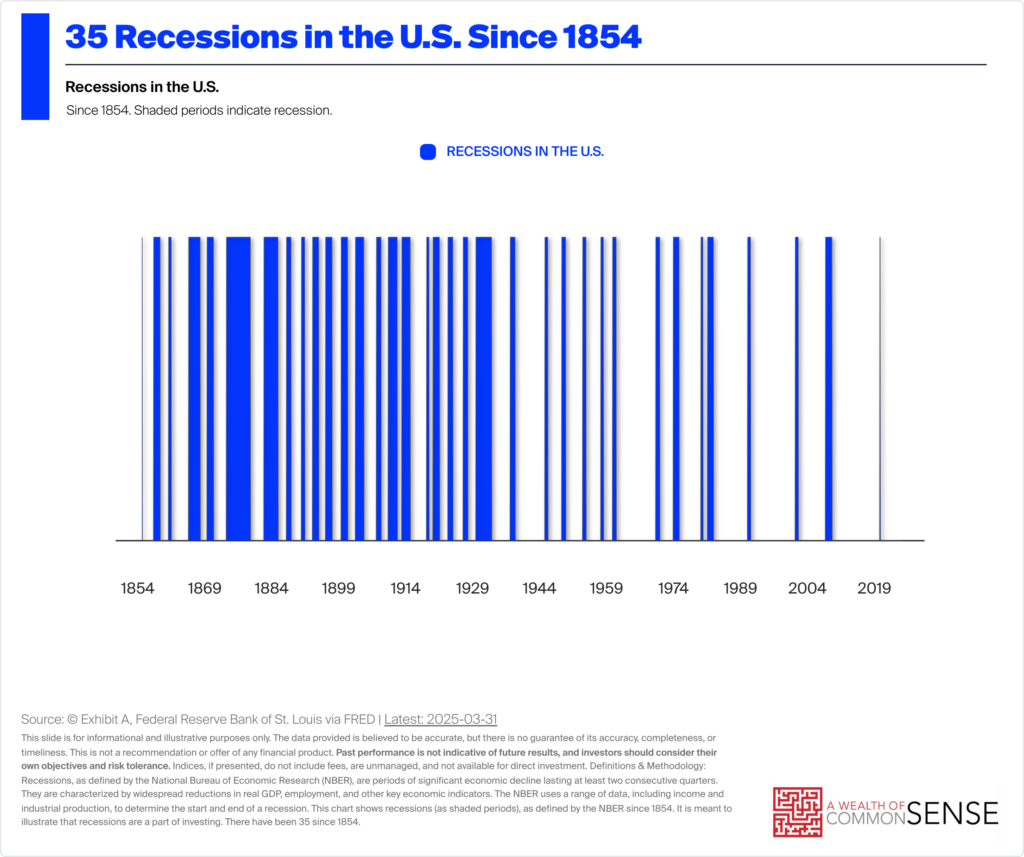Interval Funds: 6 Things to Know Before You Invest
Evaluate whether the product is right for you and the level of risk you're willing to accept with your investments.

Interval funds are closed-end investment companies that might appeal to investors looking for different ways to diversify their portfolio by providing access and exposure to illiquid strategies or alternative assets. These funds, which don't trade on an exchange, can provide individual investors with access to alternative investments that are otherwise typically limited to high net worth individuals, hedge funds and other institutional investors. But interval funds come with unique risks and characteristics and have a fee structure that may be higher than that charged by other types of funds.
1. Interval funds are illiquid. Interval funds are generally designed to hold greater allocations of illiquid assets, but to offer this exposure they provide less liquidity to investors. Unlike open-end funds, interval funds don't offer daily liquidity, so you can't just sell your shares whenever you want -- or need -- to. Instead, interval funds repurchase their shares from investors at prespecified intervals and in limited quantities. This restriction is generally in place due to the less liquid nature of the fund's investments and allows fund managers to pursue returns without having to manage daily redemptions.
2. They're called "interval" funds for a reason. When you invest in an interval fund, the fund is required to offer to repurchase a certain percentage of the fund's shares at set periods, or intervals, at a price equal to the fund's net asset value (NAV). Depending on the fund, the repurchase offer could range from 5 to 25 percent of the fund's assets. This repurchase option typically comes on a quarterly basis, but some funds operate with longer intervals such as every six months or annually. You aren't required to take advantage of the interval repurchase option, but you can only exit the fund at certain points. And, importantly, while the fund may offer to repurchase a certain percentage of shares, if repurchase requests from investors exceed that amount, you might not be able to sell as many shares as you had intended. Also note that you won't know the exact price you'll receive for selling your shares until a specified date after you accept the repurchase offer. Be sure to read the fund's prospectus to understand the intervals applicable to the fund you're considering and what percentage the fund will repurchase at each interval. (If you've already invested in an interval fund, the fund will also send you notifications of upcoming repurchase offers.)
















